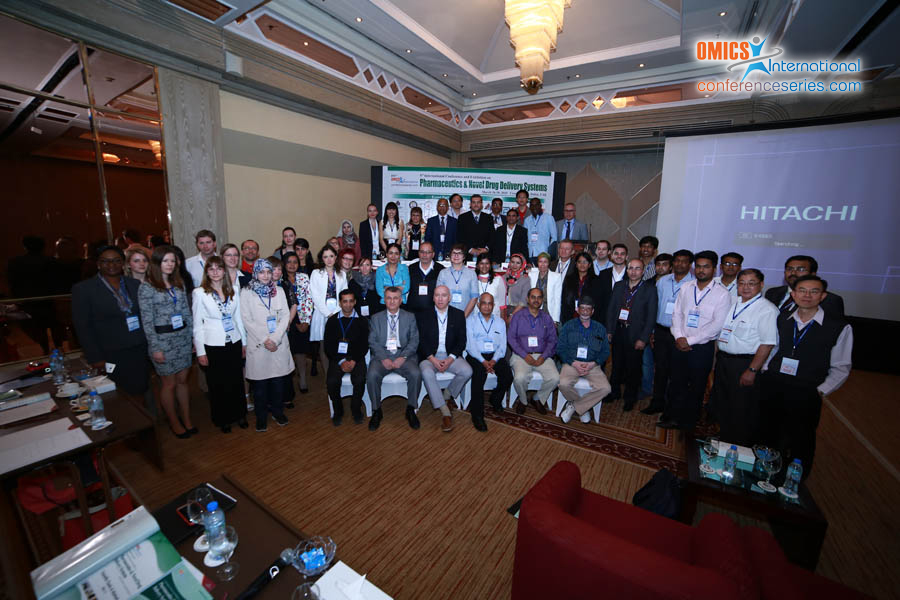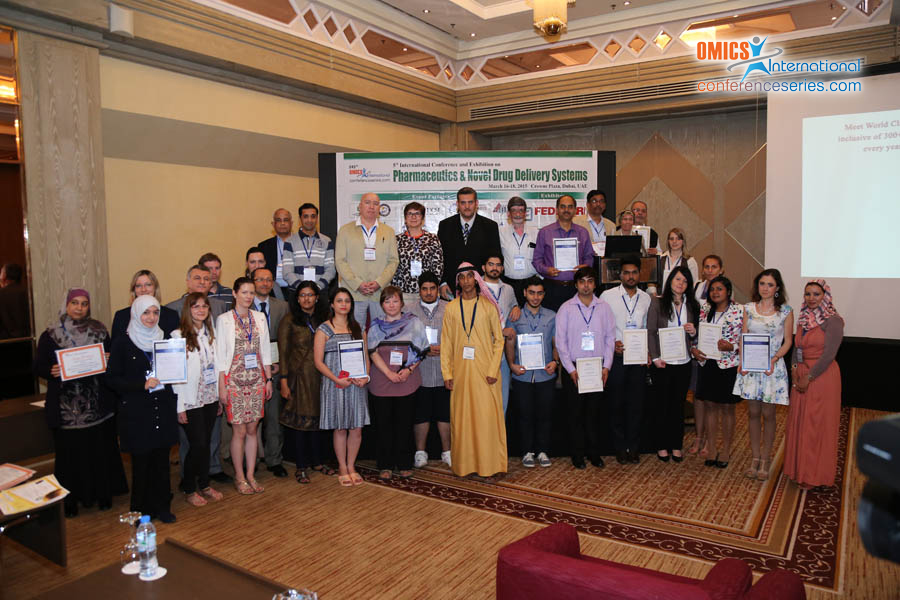
Marta Truffi
University of Milan, Italy
Title: In vivo targeting efficiency of multifunctional nanoconstructs bearing antibody-derived ligands
Biography
Biography: Marta Truffi
Abstract
The identifi cation of new strategies aimed to optimize the detection and treatment of primary breast cancer and metastases represents a great technical and medical challenge. Target-specifi c nanodevices may allow to combine specifi c tumor recognition with the capability to act as a drug reservoir for the selective delivery of chemotherapics to tumor sites. At present, the importance of surface functionalization of nanoparticles to improve their in vivo localization at the tumor is still controversial. Here, we have designed and developed a set of multifunctional nanoprobes, modifi ed with three diff erent variants of the model antibody trastuzumab (TZ), a widely used therapeutic agent for the management of HER2-positive breast cancer. We have performed a comparative study of internalization, traffi cking, and metabolism in breast tumor cells of multifunctional nanoparticles (MNP) functionalized with either the entire TZ or alternative lower molecular weight variants of the monoclonal antibody, such as the half-chain (HC) and a single chain variable fragment (scFv). Th en, we have estimated to what extent the structure of the surface bioligand could aff ect the targeting effi ciency of the nanoconjugate in both in vitro and in vivo settings, and found that the highly stable MNP-HC is the best candidate for application in breast cancer detection. Our results provide evidence that a specifi c functionalization of nanoconstructs may aff ord long-term action in cancer cells in vivo. Furthermore, the longer period of accumulation of MNP-HC in the tumor makes this nanoparticle a promising candidate for future application in breast cancer diagnosis and treatment.



